Peter Mutharika has returned to the presidency of Malawi at the age of 85. Supporters call it a second chance for a man with experience. Critics worry that the problems facing Malawi are too deep to be solved by any single leader. The new president has promised to fight corruption and bring in international investment. He has also named food, agriculture, and fuel as his top priorities.
Hunger and Malnutrition
Hunger has been one of Malawi’s hardest struggles. According to the UN’s World Food Programme, an El Niño-driven drought in 2024 left 5.7 million people acutely food insecure. Chronic hunger is not new: a 2022 assessment found that 5.4 million people faced moderate to severe food insecurity (IPC, UN Malawi). In some past years, as many as one in five Malawians has lived with malnutrition.
Children are hit the hardest. UNICEF once estimated that nearly 46% of children under five were chronically malnourished. Diseases like cholera have spread quickly where clean water and sanitation are weak, with hundreds of deaths in the worst recent outbreak (AP News, 2023).
Agriculture and Exports
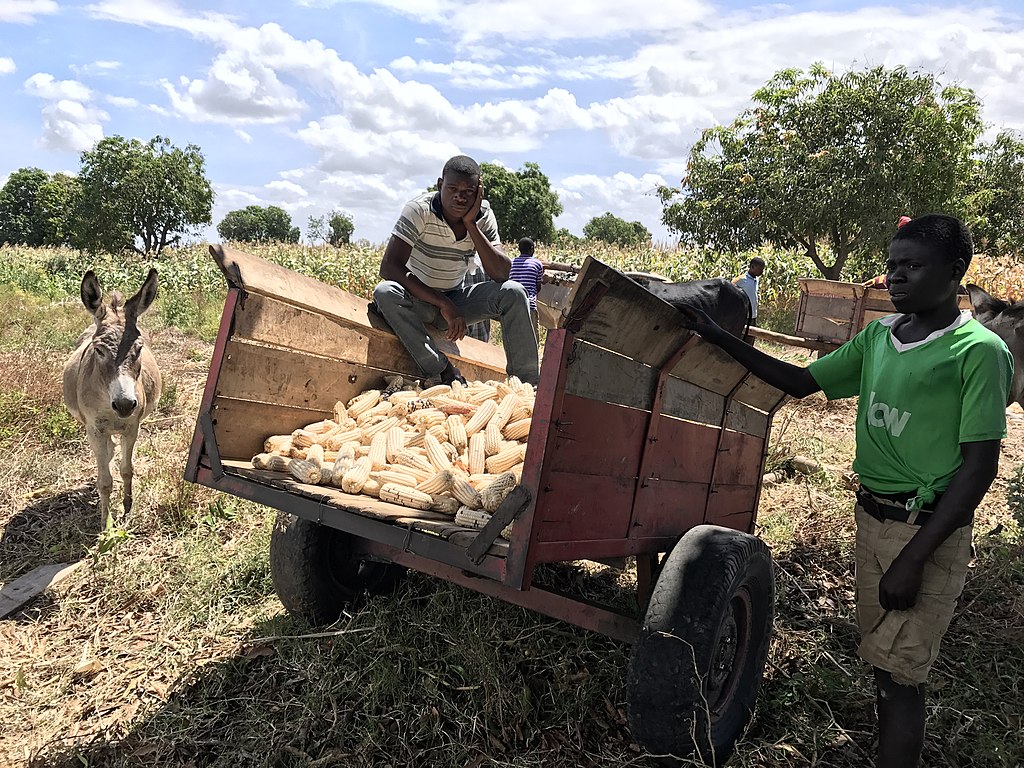
Agriculture is Malawi’s backbone. Most families farm, and maize is the staple food. But the export picture is very different. Malawi earns its foreign currency mainly from tobacco, tea, sugar, cotton, rice, legumes, and oil seeds. Tobacco alone still leads, even though it does not feed Malawians.
Photo attribution: Loes van der Pluijm, CC BY-SA 4.0 https://creativecommons.org/licenses/by-sa/4.0, via Wikimedia Commons
This creates what many call the hunger paradox. Crops like sugar and rice are grown in large quantities, but much of them leave the country for export. At the same time, many families cannot afford cooking oil, rice, or sugar in their local shops. Critics ask: if Malawi is facing malnutrition, why are these products shipped abroad? The government’s answer is that exports are needed to bring in foreign exchange to pay for fuel, medicine, and fertilizer.
Investment Promises
Mutharika has said he wants Malawi to depend more on investment than aid. His government is pointing investors toward agriculture, agro-processing, irrigation, power generation, and mining. Incentives include tax breaks, training allowances, and special economic zones.
If such investment is directed into irrigation, food storage, and agro-processing, it could reduce Malawi’s reliance on rainfall, cut post-harvest losses, and create jobs in rural areas. It could also help diversify diets beyond maize by boosting horticulture, dairy, and fish farming.
Yet investors raise concerns: corruption, weak infrastructure, currency risk, and political instability. They want assurance that policies will stay steady, contracts will be honored, and profits can be repatriated.
Critics and Supporters
Supporters see Mutharika’s return as a vote of confidence in his experience. They say he knows how government works and can quickly set plans in motion. His call for foreign investment instead of dependence on aid is praised as a bold shift.
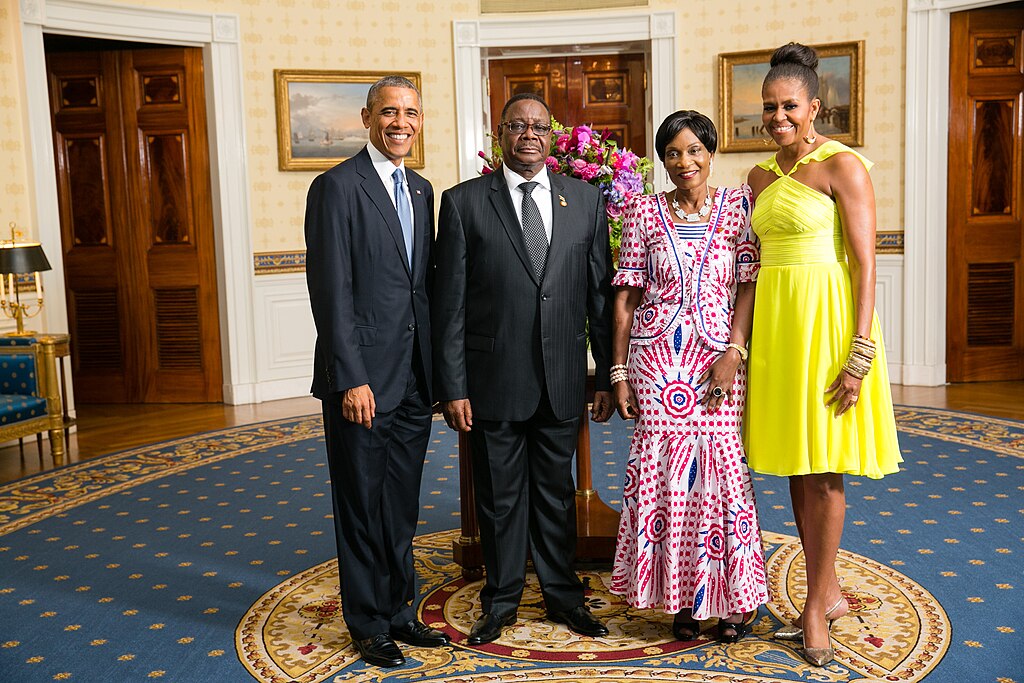
President Barack Obama and First Lady Michelle Obama greet His Excellency Arthur Peter Mutharika, President of the Republic of Malawi, and Mrs. Gertrude Hendrina Mutharika, in the Blue Room during a U.S.-Africa Leaders Summit dinner at the White House, Aug. 5, 2014. (Official White House Photo by Amanda Lucidon).
Critics point to his age and to past disappointments. They argue that Malawi’s problems which include fuel shortages, debt, and climate shocks, will not be solved by speeches. They also warn that corruption has trapped previous governments, and that investment without reforms will not reach the poor.
The Debate Ahead
The lesson from Malawi’s past is clear: food policy cannot be separated from trade, investment, and governance. AGOA showed how exports can bring jobs and income. But inside Malawi, the question is sharper: will foreign investment bring better harvests and fuller plates, or will it repeat the old cycle where crops leave the country and hunger remains?
President Mutharika has placed hunger and fuel at the center of his new term. For that, he deserves recognition. The challenge is whether his government can deliver change that reaches the household table.
So the debate is open: will Malawi’s second chance under Mutharika bring food security, or will exports and shortages continue side by side?
Sources:
- World Food Programme – Malawi country page: https://www.wfp.org/countries/malawi
- UN Malawi – IPC Chronic Food Insecurity Report, May 2022 (PDF): https://malawi.un.org/sites/default/files/2022-05/IPC%20Malawi%20Chronic%20Food%20Insecurity%20Report%20May%202022.pdf
- AP News – Malawi cholera outbreak, February 2023: https://apnews.com/article/africa-health-cholera-malawi-9d327df66a24c0a65a4f7d19dc00a58c
- U.S. Department of Commerce, Country Commercial Guide – Malawi Agricultural Sector: https://www.trade.gov/country-commercial-guides/malawi-agricultural-sector
- Malawi High Commission UK – Priority Sectors for Investment: https://www.malawihighcommission.co.uk/index.php/trade-investment/priority-sectors-for-investment
- International Water Management Institute (IWMI) – Malawi leaders drive action on water resilience priorities: https://www.iwmi.org/blogs/malawi-leaders-drive-action-on-water-resilience-priorities
- Reuters – Malawi’s Mutharika sworn in for second term, October 4, 2025: https://www.reuters.com/world/africa/malawis-mutharika-sworn-second-term-president-2025-10-04
- Associated Press – Malawi election returns Mutharika to power at 85, September 2025: https://apnews.com/article/23ca3ea49c9fce6f3564af5e2a86bb16
- Photo attribution: U.S. Institute of Peace, CC BY 2.0 https://creativecommons.org/licenses/by/2.0, via Wikimedia Commons
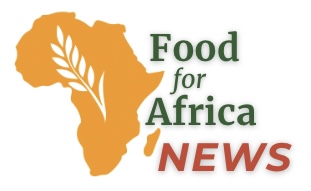



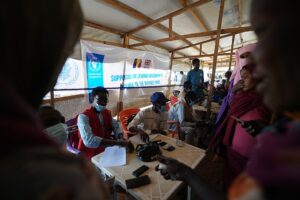
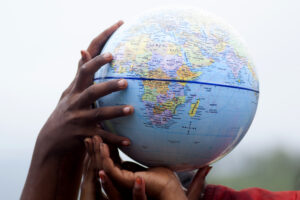

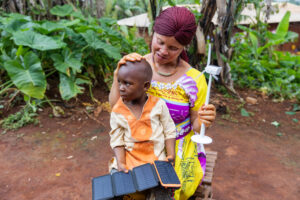
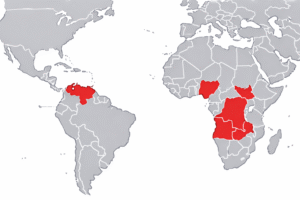


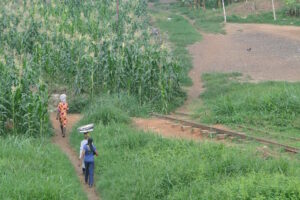

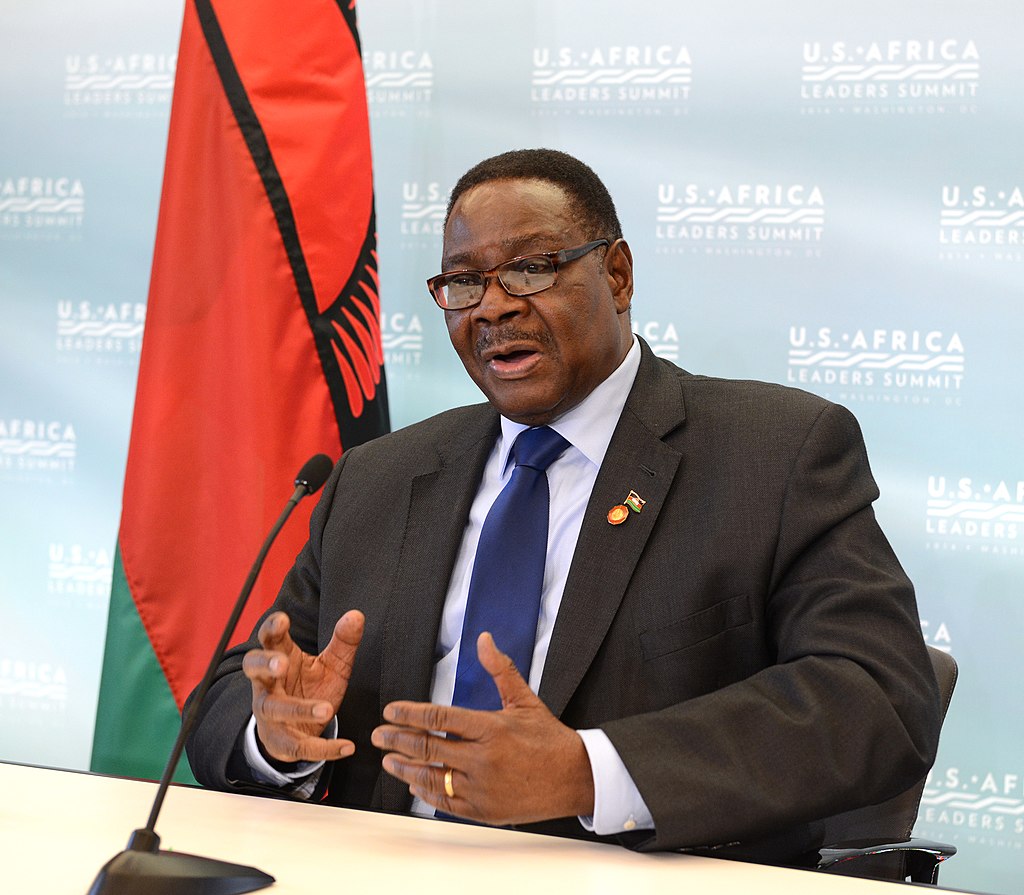
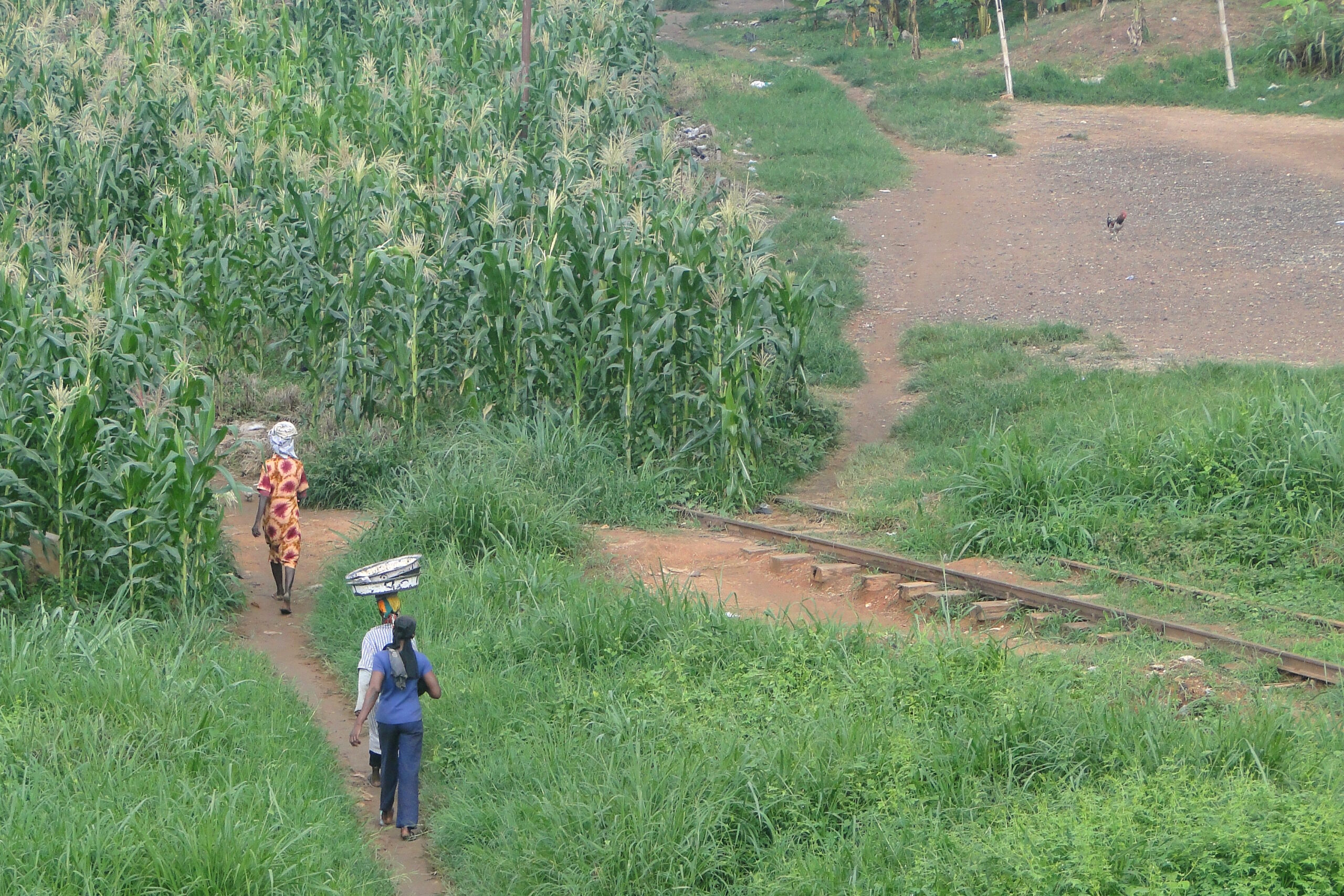
I am learning so much from your very informative news articles. Please keep up the excellent research and publications.